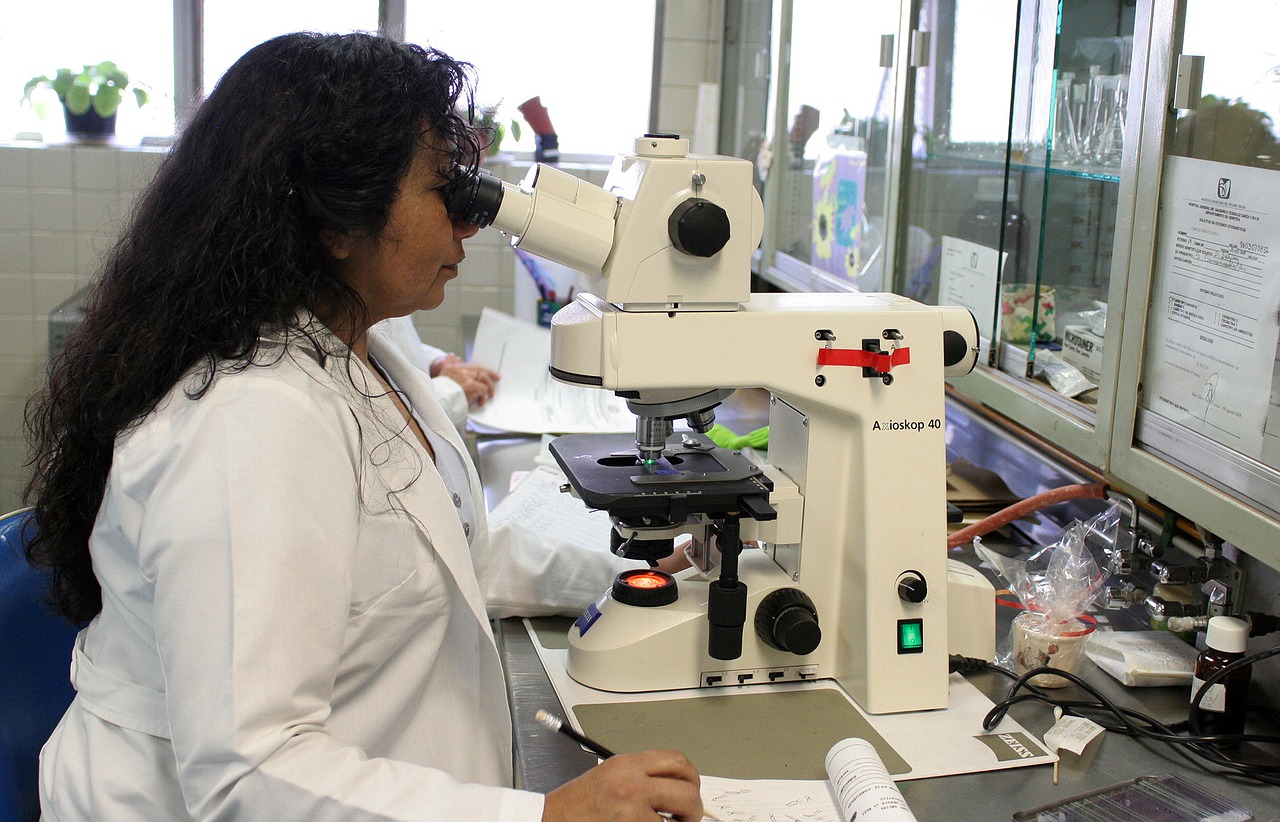
By Andy Brack, editor and publisher | There’s a backlog of untested rape kits in South Carolina because there’s more evidence coming in than authorized labs have the capacity to process.
 One estimate is there are 1,800 evidence parcels that are waiting to be processed before cases can move forward.
One estimate is there are 1,800 evidence parcels that are waiting to be processed before cases can move forward.
As of Dec. 31, the State Law Enforcement Division’s forensics lab had 1,333 untested rape kits waiting for processing, according to spokesman Tommy Crosby. Another 148 are being processed now.
The number of untested kits at the SLED lab, which gets the majority of forensics requests in South Carolina, highlights the real problem — scientific capacity. In 2019, the SLED lab got 842 rape kits to test in addition to hundreds of other evidentiary requests in other cases. For the year, processing was completed on 437 rape kits.
“We’ve got some cases we’re completing right now that are from 2016,” said Dr. Todd Hughey, who directs SLED’s forensics lab. “If you look at the numbers in those cases, if we’re receiving 842 cases a year, and can only do 437 to 450, we are not staying current with the number of cases.”
As cases pile up in the state lab and four smaller certified labs in Beaufort, Greenville, Richland and York counties, help is on the way. The city of Charleston will finish building a new forensics lab by the end of the year. The state plans to consolidate forensics facilities into a new $54 million space next year. It will take an extra year for both to get the additional scientists and equipment in place to start to whittle the backlog.
Victims’ advocates worry untested kits are delaying justice for rape victims, who have to live with the horror of their rapist still walking South Carolina’s streets. In about 25 percent of cases, the victims don’t know their attackers, SLED said. Those cases, like attacks involving violence or children, get priority, much like a gunshot victim in a hospital gets treated in an emergency room before someone who has the flu.
Still, the sheer number of evidentiary kits waiting to be tested is numbing, says ACLU lawyer Susan Dunn of Charleston.
“Untested rape kits remind us that 21st century technology without 21st century funding is classic shortsighted problem-solving,” she said. “This failure to invest in the processing of the tests show that rape victims are not really a high priority. And this unreasonable delay allows sexual predators to go undetected and hampers law enforcement.
“Funds should be allocated immediately to eliminate the backlog and to assure that future rape kits are processed in a timely fashion.”
She’s right, but it’s not as easy as flipping a switch. The challenge is capacity in a state where 2,634 cases of sexual battery were reported in 2018, according to SLED.
“There’s a lot of room for improvement in our industry with rape kits,” Charleston Police Chief Luther Reynolds said, emphasizing that capacity issues on local and state levels are being addressed. “We can get kits tested that need to be tested.”
So what to do with all of the other kits, some of which have victims who don’t want to prosecute? Each piece of evidence in a kit may cost $2,000 to test. If there are, for example, 20 pieces of evidence that need to be bested for police to make a case, it gets fairly expensive to process.
As capacity issues are being resolved for the future, the state and local labs could start outsourcing needed forensics tests to out-of-state labs. But that brings up another thorny problem — the cost of bringing in the scientists who did the tests to testify in cases.
Fortunately, there is a magic wand that can actually fix the problem now as the state ramps up capacity: Steer $5 million in the state budget to outsource untested kits, fund costs to bring in scientists to testify when they’re needed and buy more equipment for scientists to do more of the work they’re doing.
When you’ve got $2 billion in surplus and new funds for the coming budget year, $5 million seems like a drop in the bucket to get justice done now instead of waiting for years.
- Have a comment? Send to: feedback@statehousereport.com.
















 We Can Do Better, South Carolina!
We Can Do Better, South Carolina!
In my opinion, the decision to NOT test rape kits is NOT acceptable. Yes, there are many different scenarios and it is complicated but, doing nothing (which is what has been happening) certainly isn’t the solution.
I’m a survivor from a kidnapping and rape case that happened 40 years ago in Kentucky. The only evidence in my case was my DNA. The police department destroyed that evidence 2 years after the assault. The perpetrators were never caught and of course, they never will be arrested now since there is nothing to tie them to the crimes.
In April, 2019, I testified before the SC House Judiciary in favor of passing H3309 and hope to have the honor of speaking again before the Senate. It’s amazing to me that there is not even a tracking system in place in South Carolina. It’s the very least we can do…not only for victims, but also for law enforcement and testing labs.
Considering that not much has changed in the past 40 years since my kit was destroyed, I cannot sit back and do nothing about this gaping hole in our system. The next step will be how to handle and afford the testing, but, once again, doing nothing is not an option.
Thank you.
Pingback: Charleston Currents – 3/16: Managing the epidemic; Civil rights; School closures
Pingback: Charleston Currents – NEWS BRIEFS: Schools, colleges across S.C. close for coronavirus